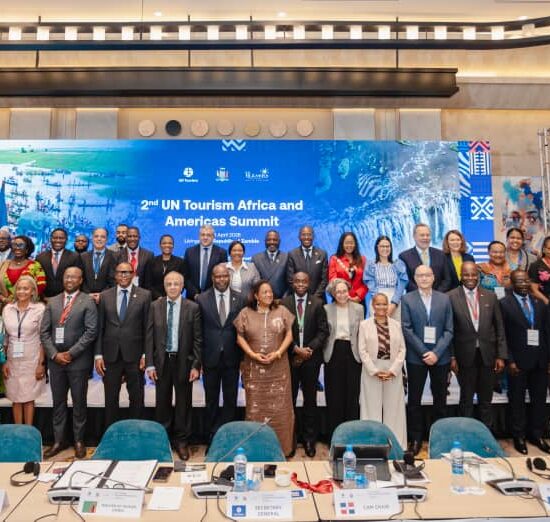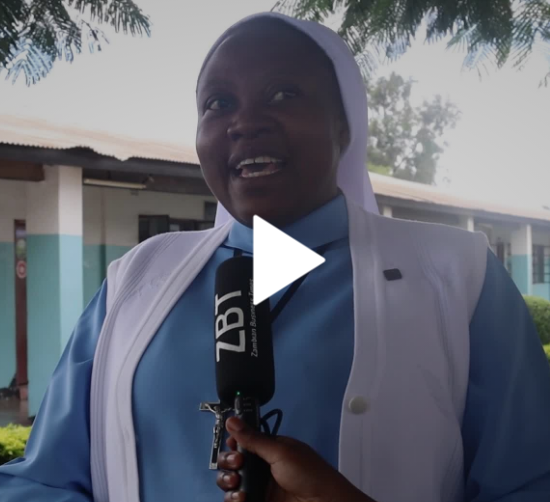
The Energy Regulation Board (ERB) says there will be no fuel price reduction in the short to medium term as a result of the Zero rating or removal of Value Added Tax (VAT) on fuel. Instead, the zero rating of VAT has provided room that has been utilized to avoid an eminent fuel price hike.
The announcement of the removal of the 16% VAT on fuel had created excitement especially among the general public as it was expected to be passed on to the final consumers and industrial users. However, the depreciation of the Kwacha and the increase in international crude oil prices have negated the passing of the benefit to final consumers.
ERB Communications Officer Mwila Kombe told the Zambian Business Times – ZBT that the current pump prices have been maintained even when they could have been increased due to adverse movement in economic variables that influence petroleum pump prices such as the depreciation of the kwacha against major convertible currencies augmented by increased international crude oil prices.
According to information made available to ZBT, Kombe said government has continued to promote renewable energy in order to diversify the energy mix and reduce dependence on fossil fuels. She said government has put in place interventions such as the introduction of the 2019 national energy policy which provides for the development of bio-fuels.
She added that the regulator has also maintained the Statutory Instrument – SI No.42 of 2008 which provides for the declaration of bio-fuels as an energy source under the energy regulation act adding that, blending ratios (2011) at 10% for bioethanol (E10) and 5% for biodiesel (B5) are some of the interventions aimed at reducing dependence on [imported] fossil fuels.
Subsequently spiral effects on increased cost of fuel have also been averted such as the resultant increase in prices for goods and services and also in the increase in transportation costs.
When asked on regulatory measures to help cut the fuel import bill which is one of the major drainers of forex in Zambia, Kombe told ZBT that ERB which is mandated to provide regulatory overview of the energy sector provides a conducive environment for the production of biofuels by coming up with interventions such as development of the biofuels regulatory framework (2016) for licensing minimum production capacity is 2,000 litres/cubic metres per day.
She mentioned that other interventions include the development of the biodiesel fuel blends for automotive compression ignition engines and ethanol fuel blends for automotive spark ignition engines.
She also noted that the biodiesel fuel blends and ethanol fuel blends covers specification for motor gas oil (diesel) blended with 5% biodiesel and motor gasoline (petrol) blended. with 10% ethanol. These provide an avenue for cutting the fossil fuels import bill.
Biofuels are perhaps Zambia’s best bet to cut the fuel Import bill through the cultivation of biofuel plants locally. A cassava biofuel project in Luapula has been launched but we are yet to see if its projected production levels will be realized.







